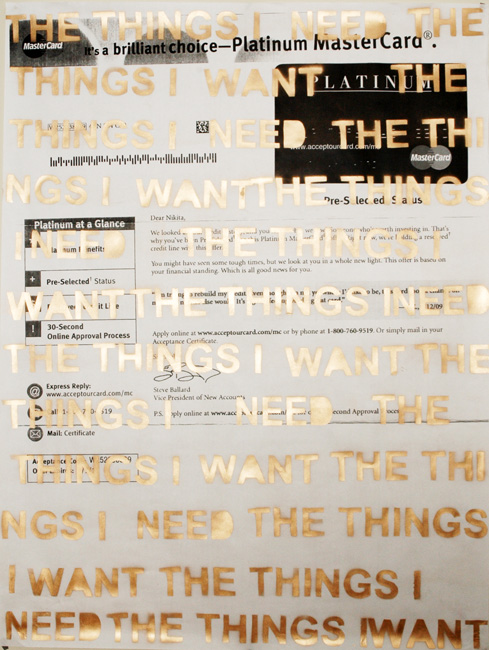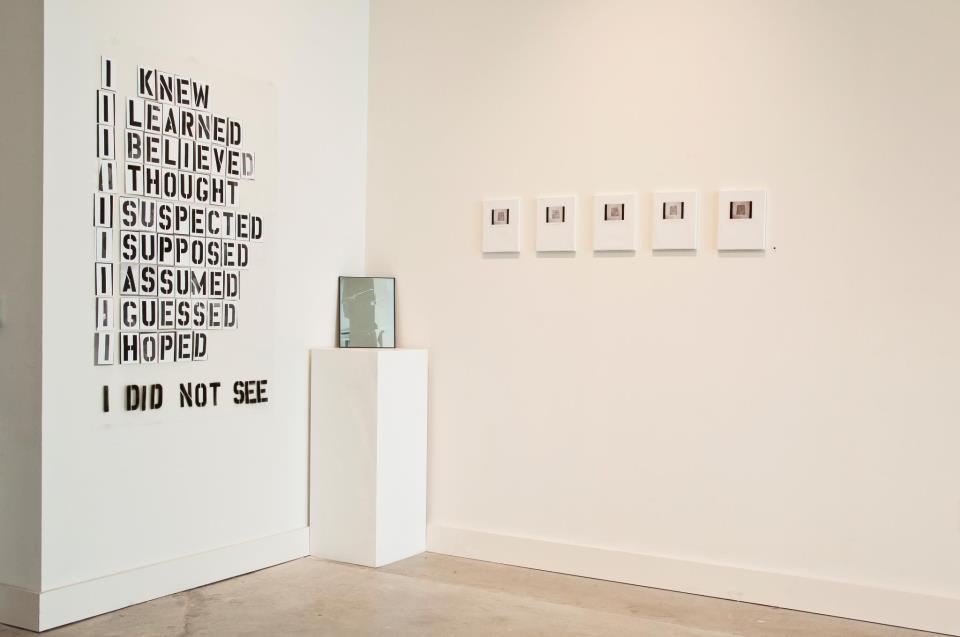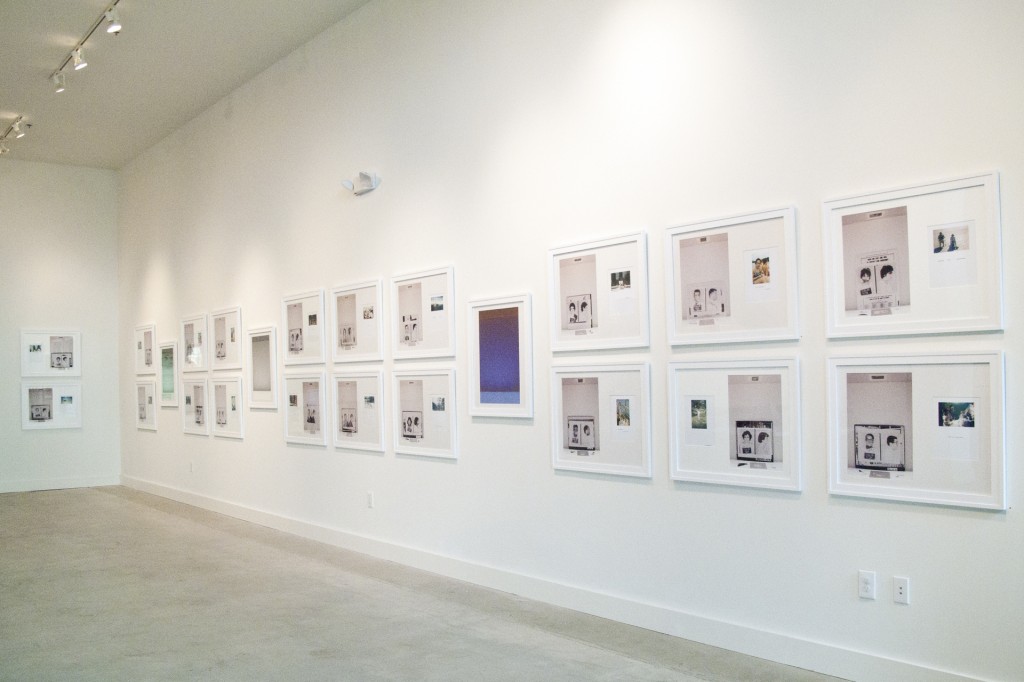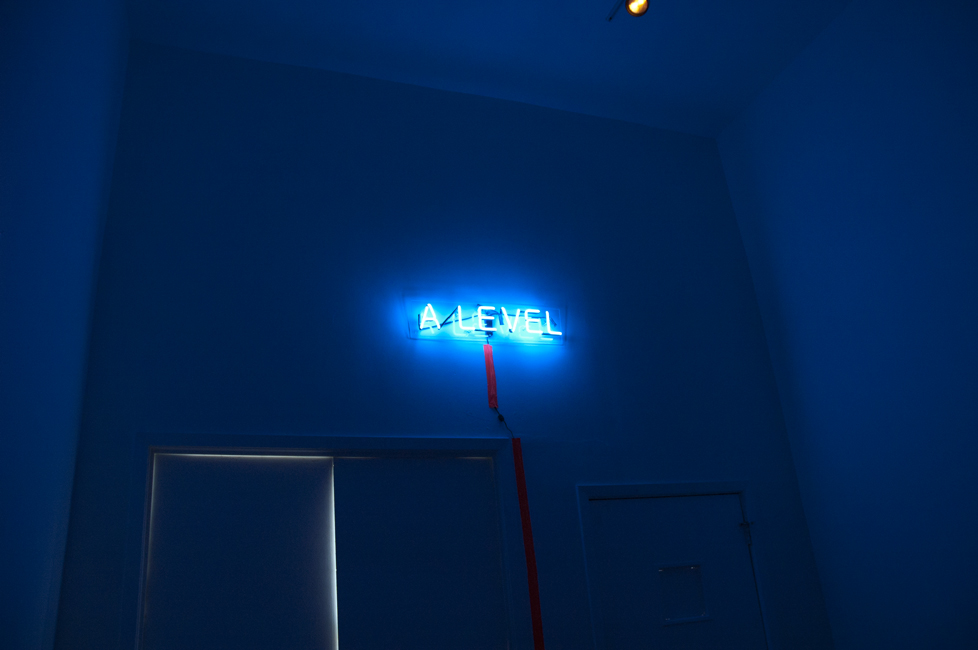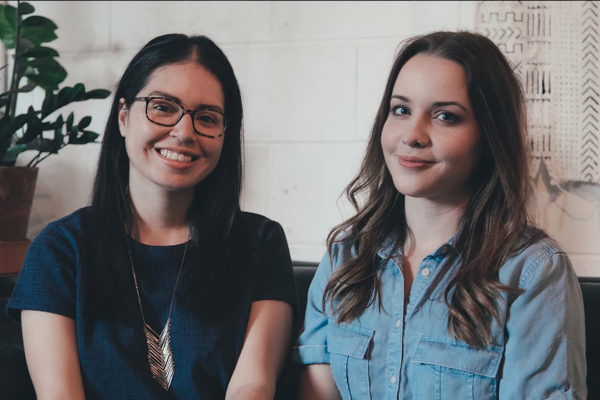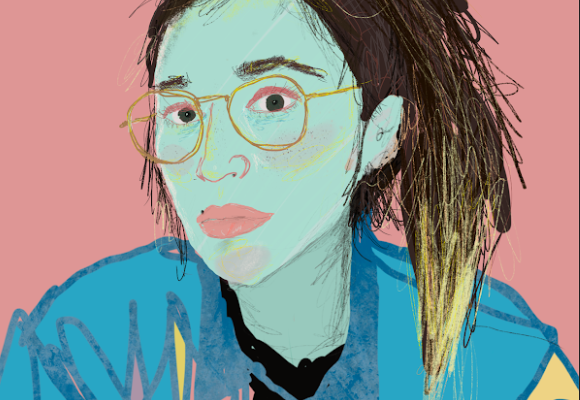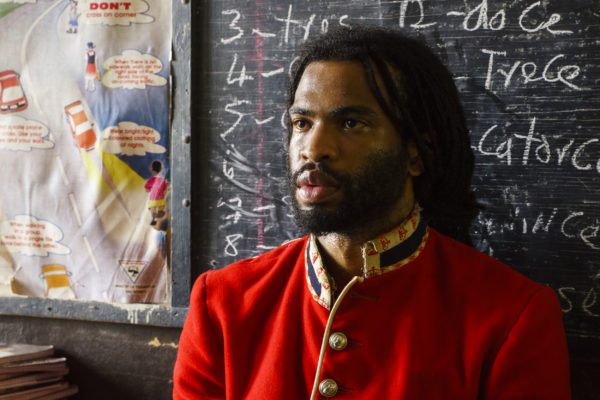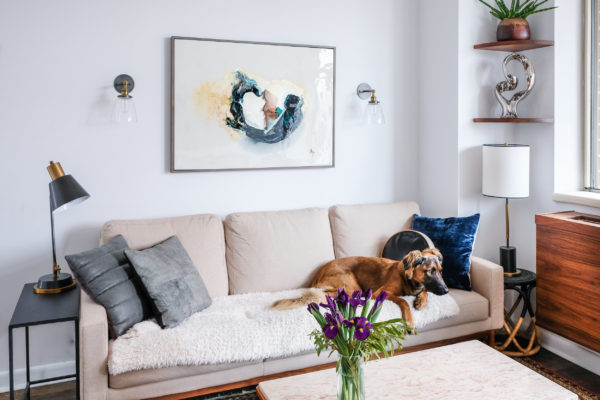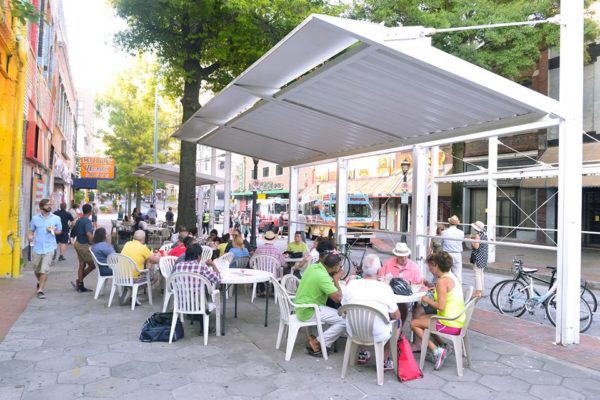Atlanta artist Nikita Gale sees the intrigue, alternative messages and collective possibilities in advertising, songs, speeches and found images. Their intended meaning is turned on its ear through her addition of more images or a simple phrase. Gale’s work using lighting, enamel, neon, paint and photography generate a cycle of questions, answers and more questions. From the consumer-driven themes of urgency and necessity that lie within a credit card application, to the revisiting of the struggles and racist aggression of the ’60s, her works simultaneously give us a microscopic angle and a wide-lens view of the multifaceted themes that she explores.
CommonCreativ talks to Gale about her influences, showing truth through art and Atlanta’s creative scene.
CommonCreativ: What artists, past and present, do you consider to be your influences?
Nikita Gale: I’m actually more likely to be influenced by specific works than specific artists, and those influences are generally defined by the projects on which I am currently working. Right now, I’d say I’m really into Chaka Khan’s “Tell Me Something Good,” Halle Berry’s Best Actress Academy Award acceptance speech, Ludwig Wittgenstein’s “Culture and Value,” ’80s-era Philip Glass compositions, Black Cool (ed. Rebecca Walker); James Baldwin’s “Baldwin’s Ni**er” speech from the late ’60s and this scene from The Wiz. My girlfriend just gave me Learning to Love You More, a book documenting a collaborative project between Miranda July and Harrell Fletcher. I have plans to revisit The Magnetic Fields’ 69 Love Songs, but I just emerged from a really dark, emo art phase and have not quite committed to going back there just yet. I’ve also been listening to a lot of Drake lately, but that’s neither here nor there.
CC: Was photography your first form of artistic expression?
NG: I think my first form of artistic expression, according to my mother, was memorizing the notes from the mobile that played in my crib and humming the tune whenever the mobile stopped. Short answer: music. My mother was a music teacher and my dad was an architect for the earlier part of childhood, so there was always a piano and a drafting table in our home. I always find myself approaching image making with a kind of musical, rhythmic sensibility. There’s often repetition with slight variations or “replaying” of certain images or phrases in the work. I don’t think I’ve chosen photography over other mediums. I’ve been working on a lot of newer installation-based work, so I think I use photography to amplify other mediums that I use in concert with photography.
CC: Advertising and consumerism themes abound in your work. How do you think relentless images and slogans affect our habits, ideals and behavior?
NG: I don’t think anyone has enough time to read the list of the ways in which behavior is affected by advertising, but if you want me to speak as a representative of someone who works in the advertising industry, my response to your question would be “exactly the way we want it to.”
CC: Do you think messages of truth or fantasy are more challenging to convey through art?
NG: I think great art is personal and personal art is hard.
CC: How do you think the Atlanta art scene has embraced emerging styles and new visions in art?
NG: Atlanta makes up for what it lacks in physical and architectural characteristics in the character of the people who live here. Atlantans are scrappy and resourceful and pretty accepting of different styles for the most part. Some of the popular work can be a little crafty and decorative for my taste, but there’s room for it all.
CC: What are your thoughts on the current work and possibilities of Atlanta’s creative community?
NG: The complexity and breadth of Atlanta’s creative community is rapidly changing and evolving, so anything I say about it today could mean something completely different tomorrow. There are organizations working in this city who are constantly re-defining the meaning of “possibility” (I’m looking at you, Dashboard Co-op).
View more of Nikita’s work on her website, http://www.nikitagale.com

